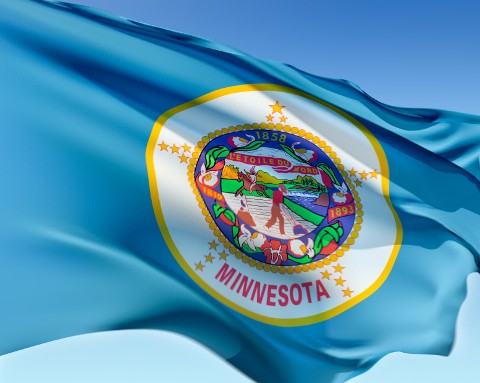
It's clear, if money exists, it had to be created. It was not in Eden nor is it a product of evolution. It's man made.
Once it's created, it has to move into our economy.
Consider this: There are only 3 ways to get money into the economy.
- Gift it in
- Loan it in
- Spend it in
Each method has its own set of consequences.
GIFT
FIRST, suppose that money is gifted in.
Gifting money into the economy would mean that they print up a bunch of money and hand it out. Perhaps a wagon load of money is parked on every street corner. You go pick up a handful when you need it. Or they give you money, maybe by check or electronic deposit. But that money does not need to be paid back - it's a gift.
If you did not produce anything in order to facilitate the new money creation, in a very short time, there would be more money than there is stuff to buy. Some economists say, that would cause inflation (later, we will discuss the bigger cause of inflation).
Additionally, many people would chose not to work - why work when all I have to do is walk down to the corner and grab a handful of money? As people stopped working, soon, there would be shortages in food - and everything else too! Lots of money with no production is a disastrous way to run an economy.
CONSEQUENCES: 1. An unmotivated work force. 2. Lack of innovation. 3. Social decay. 4. Severe drop in production. 5. Economic collapse.
That's gifting the money into the economy.
LOAN
SECOND, new money is currently loaned into the economy.
New money is created each time a loan is made.
New money!
When you get a loan to buy a car or a house, the bank creates new money and loans it to you, putting it into your account, so that you can make your purchase. When you buy a new pair of shoes on your credit card, the bank creates new money and you pay the shoe store. None of that money comes from any one's savings account. They never loan out a person's savings account for a house mortgage - your savings would then be unavailable for 30 years! It's not done that way. Instead, what you get is newly created money when the loan is made.
QUESTION: When you borrow that money for the house, car or shoes, does the bank also create the money that you own for interest? Banks are the only place that new money comes from - do they create the interest they want back on the loans that they make?
ANSWER: Never. That money comes from loans taken out by someone else.
That's the glitch. Money to pay interest is never created. Therefore, we can never get out of debt. What we owe is always more than what has been created.
Oh, we can personally shift the debt off of ourselves and onto another. Or, we can get money to pay interest that exists in our economy through massive bankruptcies, identity theft and fraud, but we cannot pay the loans plus the interest due on the loans - with only the loans.
CONSEQUENCES: 1. Ever increasing debt. 2. Financial hardship for everyone. 3. The debt-money system institutionalizes corruption. 4. Boom-bust-bailout cycles that end in economic collapse.
SPEND
THIRD, we can create the money, debt free, interest free, tax free and inflation free and spend the new money into the economy to pay for our infrastructure needs.
That's right. We could create the new money that we need to pay for our needed infrastructure rebuild. How? The same way it's done now, except for one thing - it wouldn't be done as a loan!
CONSEQUENCES: 1. Decreased bank default rate and increased liquidity. 2. Stabilized economy and jobs created. 3. Decreased taxes, increased savings and balanced budgets. 4. Lower fuel costs 5. Increase in overall spending power. 6. Safer, cleaner roads and bridges. 7. Energy independence. 8. Showcase Minnesota Leadership.
.
